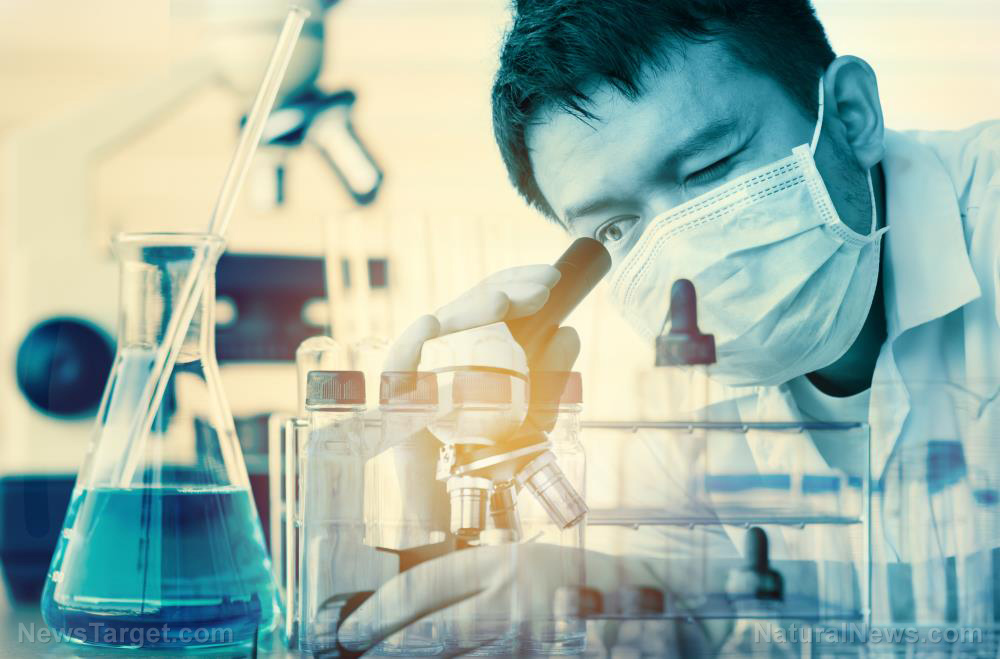Promising new study shows path for reducing the environmental impact of making plastics
08/30/2019 / By Cassie B.

Manufacturing products like steel, plastics and iron is the world’s top source of energy consumption, and it also releases carbon dioxide as a byproduct. Researchers have long been looking for ways to make these processes more eco-friendly, and now chemical engineers from Massachusetts Institute of Technology have come up with a novel approach to making plastic that will reduce the impact of industrial manufacturing on the environment.
It involves synthesizing epoxides, which are chemicals used for manufacturing pharmaceuticals, textiles and plastics. Epoxides are ubiquitous, being used for manufacturing everything from detergents and polyester to antifreeze, and the researchers say it’s impossible for people to get through even short periods of time without coming into contact with something that was made using epoxides.
Manufacturing them is a long process full of energy-intensive, chemical steps. For example, one step sees an oxygen atom attached to ethylene to create ethylene oxide; this must be done under pressure that is 20 times more than normal atmospheric pressure and at a temperature of roughly 300 degrees Celsius. The energy for this type of manufacturing generally comes from fossil fuels. Other epoxides are even worse, being made with explosive peroxides and irritants like calcium hydroxide.
The researchers came up with a more sustainable approach that was inspired by the water oxidation reaction that uses electricity to split water into electrons, protons and oxygen. Their method also uses electricity, and it can be carried out at room temperature and under normal atmospheric pressure without releasing carbon dioxide as a byproduct.

They believe they could reduce the carbon footprint of the process even further by turning to renewable sources like wind or solar to power the epoxide conversion. In addition, their method uses less voltage than that used by a standard AA battery – just one volt of electricity, to be precise.
The study’s senior author, Karthish Manthiram, said: “What isn’t often realized is that industrial energy usage is far greater than transportation or residential usage. This is the elephant in the room, and there has been very little technical progress in terms of being able to reduce industrial energy consumption.”
New method could change manufacturing for the better
The researchers have successfully used the process to create the cyclooctene oxide, and they are now adapting it to create other epoxides and make the overall process even more efficient overall.
According to their estimates, the process could produce ethylene oxide at scale for around $900 per ton; the current methods run around $1,500 per ton. Moreover, because the method also happens to generate hydrogen as a byproduct, its economic viability could be increased even further as the hydrogen it produces can power fuel cells.
The researchers have already filed for a patent for their innovative method and are now working on developing their approach with a view to commercializing it for use in manufacturing. They are also looking into how electricity can be used to synthesize other chemicals.
The premise behind this new method is simple, but the potential savings in terms of environmental impact is huge. It is becoming increasingly clear that basic and more natural approaches can really help preserve our planet, whether it’s using natural pest control methods instead of cancer-causing pesticides or finding novel ways to reduce the chemicals and waste associated with manufacturing.
Sources for this article include:
Submit a correction >>
Tagged Under:
This article may contain statements that reflect the opinion of the author





















